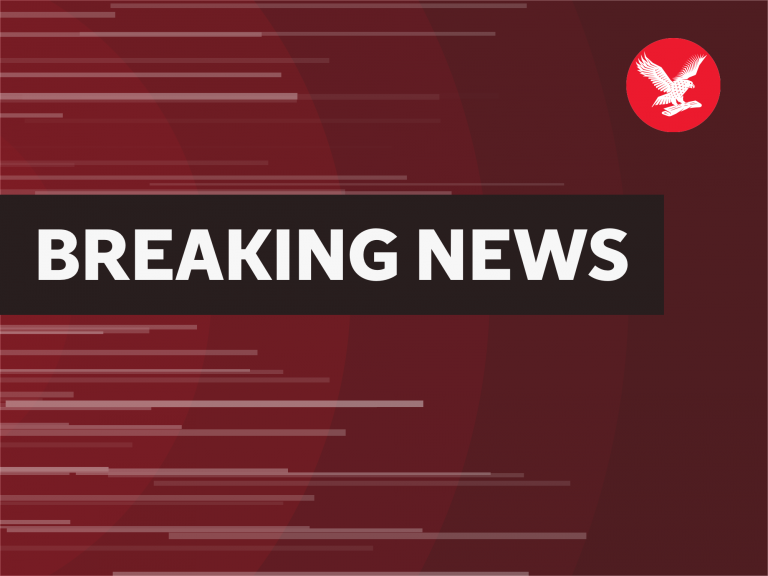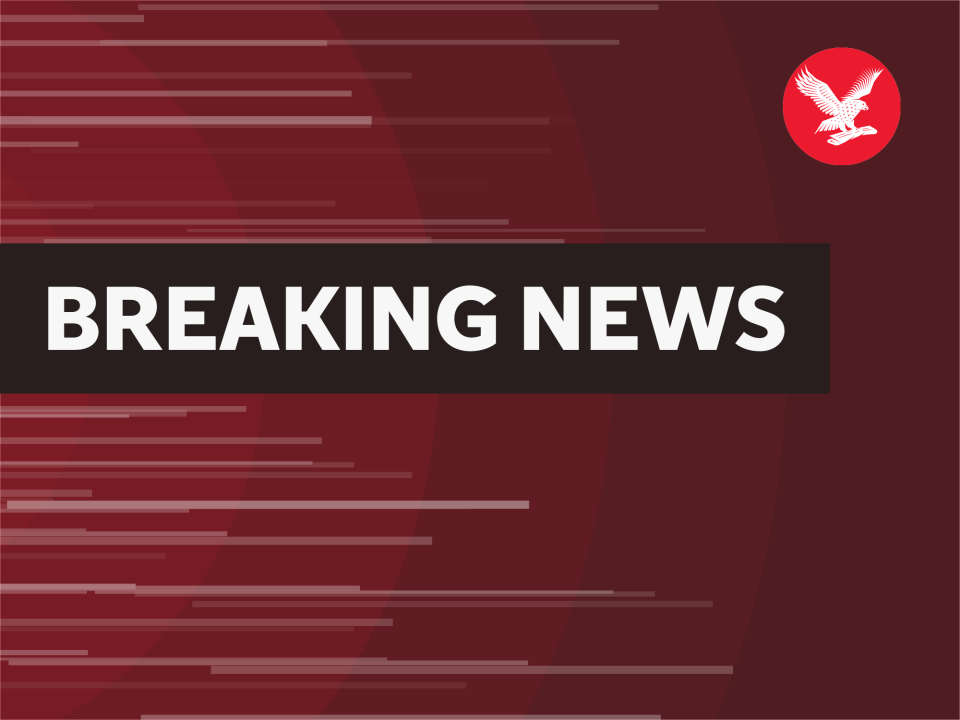Khashoggi murder: UN says 'credible evidence' to investigate Saudi crown prince Mohammed bin Salman
A UN investigator found "credible evidence" that Saudi Arabia's Crown Prince Mohammed bin Salman, an ally of the White House, was behind the murder of journalist Jamal Khashoggi, and urged sanctions against the kingdom's de facto ruler until he comes clean about his role in the killing of his fellow citizen.
The 101-page report assembled by human rights expert Agnes Callamard after a months-long probe commissioned by the UN High Commission for Human Rights concluded that Khashoggi "has been the victim of a deliberate, premeditated execution, an extrajudicial killing for which the state Saudi Arabia is responsible under international human rights law." It includes new details about the final days and moments of Khashoggi's life, but does not reveal the still-unknown whereabouts of his body.
Ms Callamard urges a probe targeting Prince Mohammed, who is a key White House alley and a figure in the Donald Trump administration's maximum pressure campaign against Iran. "In view of the credible evidence into the responsibilities of the Crown Prince for his murder, such sanctions ought also to include the Crown Prince and his personal assets abroad, until and unless evidence is provided and corroborated that he carries no responsibilities for this execution," the report said.
“Evidence points to the 15-person mission to execute Mr. Khashoggi requiring significant government coordination, resources and finances,” the report says. “While the Saudi government claims that these resources were put in place by Ahmed Asiri, every expert consulted finds it inconceivable that an operation of this scale could be implemented without the Crown Prince being aware, at a minimum, that some sort of mission of a criminal nature, directed at Mr. Khashoggi, was being launched.”
Khashoggi was murdered just shy of his 60th birthday by a team of Saudi regime hitmen dispatched to Istanbul to kill him. The report includes details of recordings that captured Mr Khashoggi's final moments in the Saudi consulate in Istanbul, where he was lured and murdered 2 October in a case that roiled relations between the oil-rich kingdom and the west and severely damaged the reputation of Prince Mohammed, who had spent millions attempting to package himself as a reformer.
"We are coming to get you," one of Mr Khashoggi's murderers told him as they confronted him and strangled him.
The report summarises conversations and evidence Ms Callamard and her team collected over the last five months, also hinting some of her team's frustrations.
The Saudi regime has refused to cooperate with either Turkish or international investigators examining the death of Khashoggi, insisting that it try the suspects, who fled Turkey after murdering the Washington resident, chopping his body into pieces, and removing it to a still-unknown location. Ms Callamard's report says Saudi Arabia rejected a request to visit the country to pursue her probe.
Turkish intelligence services provided investigators with only 45 minutes of 7 hours of secretly recorded conversations they reportedly had on the matter, according to the report.
The report is filled with new details about the final days of Khashoggi's life. He and his fiancee tried desperately to avoid his trip to the consulate to obtain a document needed for them to marry, but were told by Turkish authorities it was impossible, the report says.
In the days and hours before Saudi officials including the consulate general in Istanbul and others in Riyadh planned on confronting Mr Khaoshoggi, they contacted a Saudi businessman who owned a property just outside Istanbul and discussed plans that suggested they were intent on killing him.
Will it “be possible to put the trunk in a bag?” asked Maher Mutreb, a high-ranking security official and confidante of Prince Salman, is heard asking.
“No. Too heavy,” said Salah Tubaigy, the forensic pathologist that was on the 15-man kill team. It will “be easy," he said. "Joints will be separated. It is not a problem. The body is heavy. First time I cut on the ground. If we take plastic bags and cut it into pieces, it will be finished. We will wrap each of them.”
Has the “the sacrificial animal” arrived?" Mr Mutreb asked
“He has arrived," a voice replied.
Khashoggi, who had left Saudi Arabia in 2017 and was invited into the office of the consulate general, where he was asked whether and when he would like to return to his country some day.
But the conversation quickly turned hostile. “We will have to take you back," Khashoggi was told. "There is an order from Interpol. Interpol requested you to be sent back. We are coming to get you.”
Khashoggi refused, insisting that there were people outside waiting for him.
“Send a message to your son,” Mr Mutreb orders “You will type a message – let’s rehearse; show us.”
He refused.
“Type it, Mr. Jamal. Hurry up. Help us so that we can help you because at the end we will take you back to Saudi Arabia and if you don’t help us you know what will happen at the end; let this issue find a good end.”
A struggle could be heard. Turkish authorities believe he was injected with drugs and then strangled.
“Did he sleep?” someone asked.
“He raises his head.”
“Keep pushing.”
"Push here; don’t remove your hand; push it.”
According to the report, Mr Khashoggi entered the consulate at 13:15. At 13:37, the sound of a saw could be heard.

 Yahoo News
Yahoo News 

